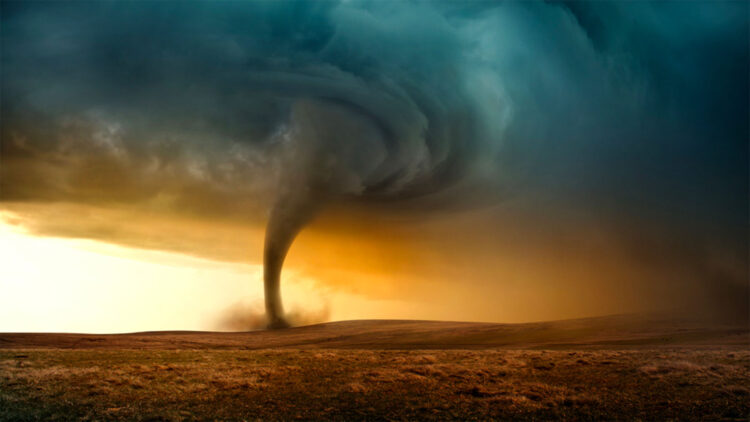The planet is heating up, fast. And while climate change touches all of us, Africa is suffering in ways most of the world doesn’t see or chooses not to.
Farms are drying out. Water’s disappearing. Whole communities are being pushed to the edge. The worst part? Africa barely contributed to this crisis.
The biggest global summit on climate, COP30 (The Conference of the Parties), led by the United Nations, is soon to happen. Every country was supposed to submit an updated climate plan by February. These plans are how we turn the Paris Agreement into action. They’re how we cut greenhouse gases, slow global warming, and try to build a future.
But only a few countries met the deadline. And the rest? Still silent, still stalling, while the climate crisis in Africa gets worse every day.
No time to waste
Let’s talk numbers. Climate scientist Piers Forster leads the team behind the Indicators of Global Climate Change report. Their latest data? Not good.
Warming hit 1.36°C in 2024, and this is only human-driven. Add natural variability to this, and we’re already at 1.52°C. That’s past the 1.5°C limit the Paris Agreement was designed to specifically avoid that number.
The short version: we’re running out of space in the planet’s carbon budget. At this pace, we’ll blow through it in under three years. That’s the time left before crossing into a world of even more floods, droughts, heatwaves, and chaos.
What are the leaders waiting for? Is the question many people are asking themselves. Would it be treated the same way if we were talking about pure economic drop or stock markets? We have no time to waste, and the planet is more than letting us know this.
The world’s biggest emitters need to step up
Let’s look at the numbers again. Of the 197 countries under the UN, only 25 have submitted their updated climate plans. Just 25. That’s 20% of global emissions. Where are the other 172 updates?
Out of the G20, which causes about 80% of emissions, only five countries have submitted their plans: Canada, Brazil, Japan, the United States, and the United Kingdom.
We’re still waiting on major voices: the European Union, China, and India. What they do next will tell us everything about whether the world is serious or not.
Even more worrying: only 10 of the submitted plans actually include strong commitments to move away from fossil fuels. That’s not just disappointing. That’s dangerous. And out of all of them, only one plan from the United Kingdom is even strong enough to meet the Paris Agreement.
Because every tenth of a degree matters. Every delay, every empty promise, costs lives—and right now, most of those lives are in Africa.
What Africa needs: Real support
For people across Africa, the climate crisis isn’t theoretical. It’s happening. Right now.
Crops are failing. Families are losing income, clean water is vanishing. People could be left without access to it in the near future. This is no game, it’s critical survival risk that needs attention now.
And yet, three African nations like Somalia, Zambia, and Zimbabue have already submitted their national climate plans. That’s more than most of the world’s richest, most polluting countries can say.
This September, the UN is hosting a climate week in Addis Abeba, Ethiopia. It’s meant to support African countries in their fight, not just to survive this crisis, but to build fair, resilient systems for the future. To reach net zero emissions in a way that works for everyone, not just the wealthy.
Because here’s the thing: sustainable development isn’t just about technology or targets. It’s about dignity. It’s about justice.

